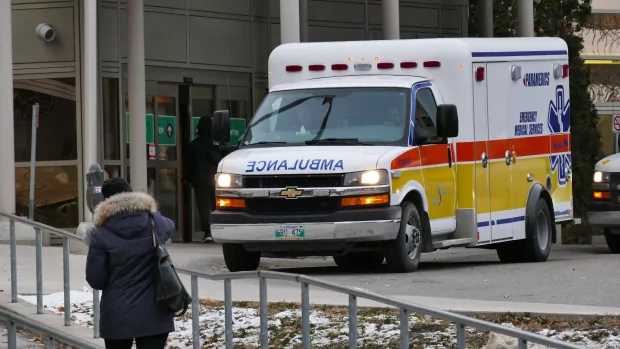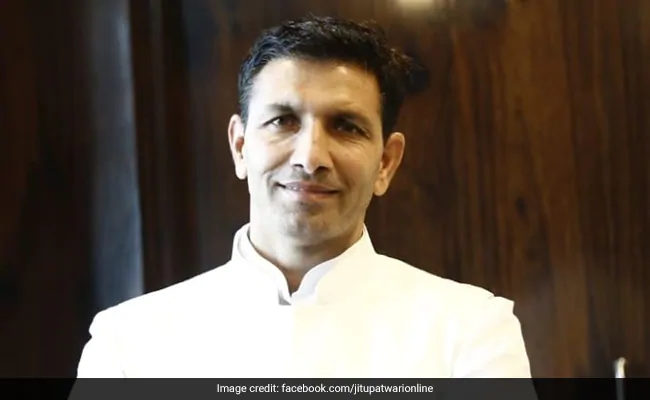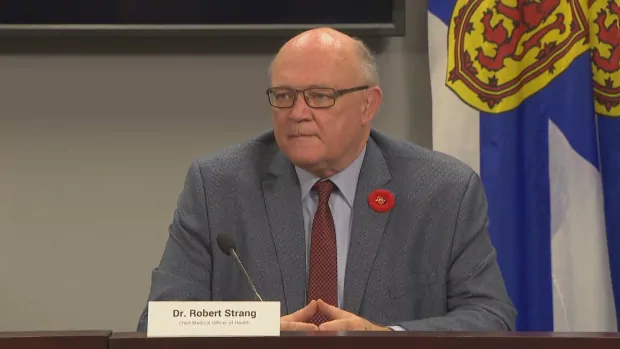The intensive care unit at Winnipeg’s St. Boniface Hospital is now over capacity due to a surge in COVID-19 cases, says a memo sent to hospital staff Thursday night.
The news comes just hours after Manitoba Health Minister Cameron Friesen acknowledged that Winnipeg has a dwindling number of vacant beds in its intensive care units.
A memo sent Thursday night by the hospital’s president and CEO Martine Bouchard says the hospital’s intensive care medicine surgery unit, which treats the sickest patients, now has all 14 beds occupied.
More than half of patients needing critical care at the hospital have tested positive for COVID-19, Bouchard said.
“We know that patients being treated for COVID-19 remain in intensive care for longer periods of time that other critical care patients,” she said.
“This puts additional pressure on our capacity.”
As a result of the bed shortage, one patient had to be admitted to the hospital’s cardiac surgery unit, but that unit cannot handle anymore patients due to low staffing caused by an ongoing COVID-19 outbreak at the hospital, which has required several staff members to self-isolate, said Bouchard.
The Health Sciences Centre and Grace Hospital are currently working on making additional capacity, she said. But at this point in time, St. Boniface Hospital will not be able to expand its capacity without cancelling further surgeries.
“While this matter is under consideration, we are mindful of the potential impacts on our surgical patients most in need,” she said.
System can be flexible, minister says
Friesen said workers and resources can be redeployed to increase capacity, as Winnipeg’s hospitals struggle with increasing COVID-19 case numbers.
“At times like this, health-care leaders and system leaders come together, and what they do is they determine how can we now redeploy workforce from across the system in order to focus on the most important thing,” he told reporters.
“You might say we’re approaching capacity in ICU, yes, but we have the ability to flex up and add capacity.”
On Wednesday, Shared Health chief nursing officer Lanette Siragusa said critical care capacity was “dwindling,” with only six of Winnipeg’s 71 critical care beds vacant — an occupancy rate of 92 per cent.
As of Thursday, there were 17 people in intensive care with COVID-19.
‘Now is the time’ to boost capacity: NDP
If capacity in these units can be increased, NDP Leader Wab Kinew said the government shouldn’t wait.
“Now is the time to add ICU beds if you have the capacity to increase the system,” Kinew said.
He said the intensive care units — which are for critically ill patients who need consistent monitoring — are effectively at capacity already. There must always be vacancies for events like significant accidents, he said.
“We’ve already hit that critical point when it comes to ICU beds.”
Making matters worse, the Manitoba Nurses Union said Thursday that four ICU nurses at St. Boniface Hospital have tested positive for COVID-19 and another is in self-isolation.
Those five nurses are among a total of 23 at the hospital who have either tested positive or are self-isolating. The union says there are 12 more out of commission for the same reasons at Victoria General Hospital. Both of those Winnipeg hospitals are currently experiencing COVID-19 outbreaks.
The health minister and Chief Public Health Officer Dr. Brent Roussin have cited limited capacity in hospitals as one of the main reasons to impose stricter rules on Manitobans to stop the coronavirus that causes COVID-19 from spreading. Friesen hinted that Roussin would reveal stronger orders on Friday.
During question period Thursday, Kinew blamed the government for falling short on ICU management. He referenced statistics that show the number of ICU beds in Winnipeg dropped from 73 in January 2017 to 63 by July 2019.
However, Siragusa said on Wednesday that Winnipeg had 71 critical care beds.
“It turns out when you close emergency rooms and you cut health care, you end up with fewer ICU beds,” Kinew said, referencing the Progressive Conservative government’s years-long reform of the province’s health-care system, which converted three Winnipeg emergency rooms into urgent care centres.
The Winnipeg Regional Health Authority previously said the decline in ICU spaces was intentional, because more beds were added specifically for cardiac patients requiring intensive care, along with more high-observation beds and a new category of intermediate beds, which previously didn’t exist.
“Historical trends of the usage of these [ICU] beds showed a number of patients who did not require full ICU-level, one-to-one care, but who would require the services” of one of the other types of beds, WRHA chief health operations officer Krista Allan said in a statement to CBC News in January.

Devoted web advocate. Bacon scholar. Internet lover. Passionate twitteraholic. Unable to type with boxing gloves on. Lifelong beer fanatic.





